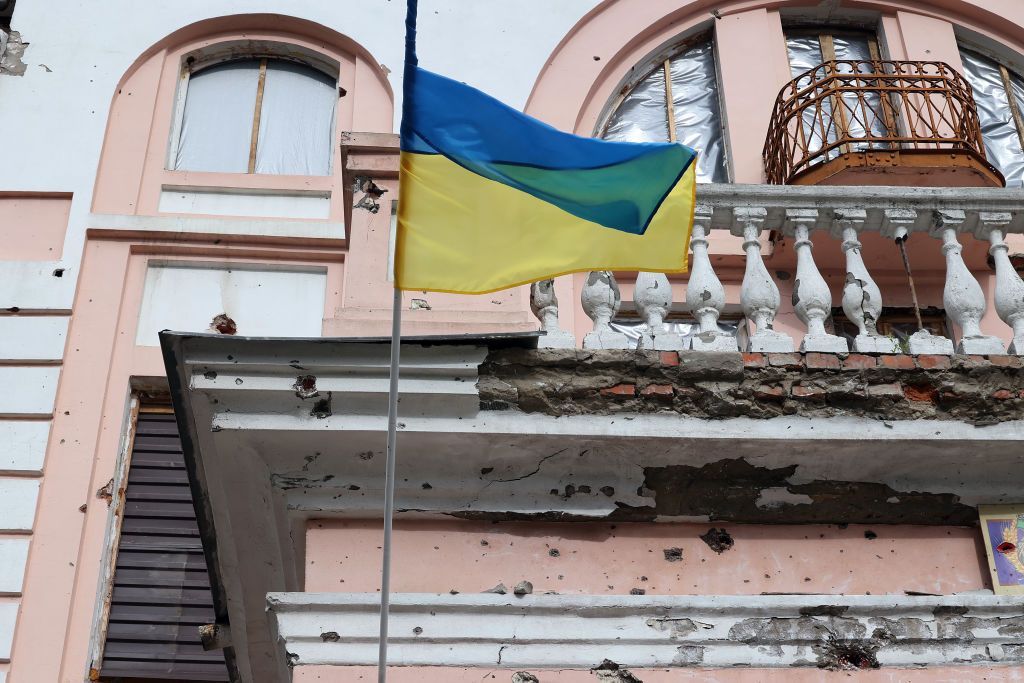Russia shells 5 communities in Sumy Oblast

Russian forces shelled Sumy Oblast 76 times in 16 separate attacks throughout the day, firing at five communities along the border on Feb. 3, the Sumy Oblast Military Administration reported.
The Russian military fired on the communities of Yunakivka, Bilopillia, Krasnopillia, Velyka Pysarivka, and Esman. Throughout the day, Russia assailed the border communities with mortar, artillery, drone, and grenade launcher attacks.
The town of Kransnopillia, with a pre-war population of about 7,700 residents, experienced the most intense attacks with 31 explosions recorded in the area. The community is located just 11 kilometers west of the Ukraine-Russia border.
Shelling is a daily occurrence for the communities near Ukraine's northeastern border with Russia. Residents in the region's vulnerable border settlements experience multiple attacks per day.
Earlier in the day, a section of road near the Russian border in Sumy Oblast was closed to civilian traffic. The closure is in response to an attack on Jan. 27, staged by a Russian reconnaissance and sabotage group, that killed two civilians.
The regional authorities said that road sections that are located within five kilometers of the Russian border have been blocked to prevent further civilian casualties.
In the summer of 2023, regional authorities announced a voluntary evacuation from settlements in the five-kilometer border zone most affected by Russian attacks, although not all residents agreed to leave.











